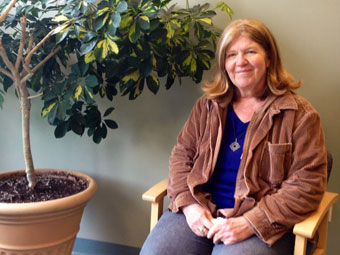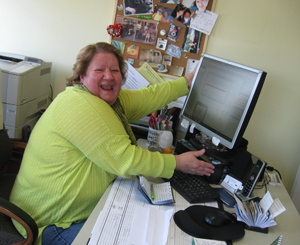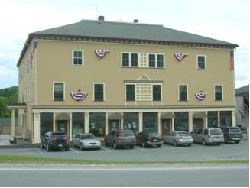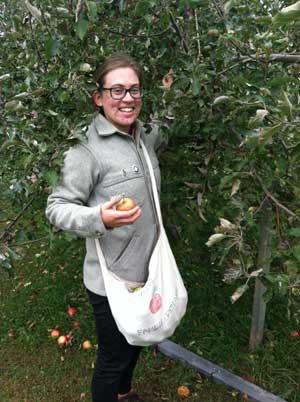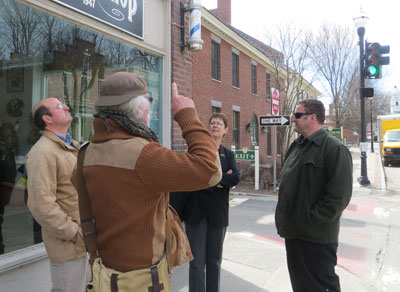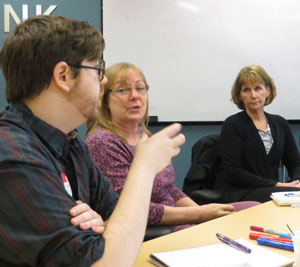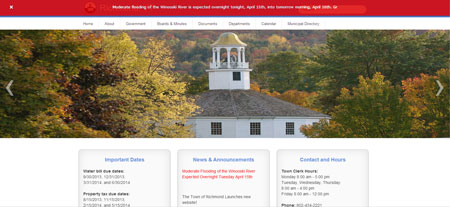Helping businesses and nonprofits in small VT towns use online tools to spur economic development and improve disaster resilience.
One of the most important services we are delivering is digital skills training. We’re doing that through both our Internet Intern program, a paid internship program that is now active in 24 Vermont libraries, and through our iConnect workshop, a train-the-trainer half-day program on how to teach digital skills to others. Mary Geoffrion in the…
After twelve years of support and plenty of advanced notice, on April 8th of this year, Microsoft officially ended its service support for the Windows XP operating system. As a result, organizations that continue to use XP will be increasingly vulnerable to computer viruses and even hacking. At a minimum, these computers should no longer be used…
I recently attended the 20th Annual Historic Preservation & Downtown Conference deep in Vermont’s Northeast Kingdom. This year’s conference had the theme of “Preservation and Community” and was held at the lovely renovated Town Hall building in downtown Brighton which was originally an opera house that had fallen into disrepair. The building, through much effort…
Vermont fruit and vegetable farmers produce hundreds of tons of edible, farm-fresh food, but often, not all of their production is sold. These leftover products are sometimes wasted, but through gleaning, they can be put to good use. Marcella Houghton, AmeriCorps VISTA, gleans apples at Yates Family Orchard in Hinesburg Gleaning is the process of…
One of the most exciting services that we are delivering through the Vermont Digital Economy Project is the installation of Wi-Fi zones and hotspots in communities throughout the state. Our goal is to positively impact 25 towns with this technology, and we have so far successfully installed access points in 20 zones and hotspots. We…
Windsor — A student sitting on a bench doing homework on a laptop. A businessman enjoying lunch outside a cafe while surfing the web on a tablet computer. A tourist scanning the Internet on a smartphone while navigating downtown streets. These are the scenes envisioned for downtown Windsor when a Wi-Fi zone is established there…
Games have always been a great tool for teachers to engage students and make learning fun. For example, they have been used effectively to help students understand such diverse topics as historical events and environmental issues. I fondly remember learning about Westward expansion through the online game Oregon Trail as a sixth grader. This early…
Part of the matching funds for our grant was graciously donated by IBM, which, through its Impact Grants program, allows expert consultants to conduct in-depth analysis and workshops with nonprofits on a number of important topics. In the past, these IBM consultants have helped the Vermont Access Network and the Vermont Foodbank with Disaster…
This article was written by Tess Gauthier, Project Coordinator at the Snelling Center for Government In the last newsletter, I provided an update of the Snelling Center for Government’s work on 15 municipal websites as part of the Vermont Digital Economy Project. And, previously, we’ve discussed the community process by which we work with towns to…
The most important part of creating a new downtown Wi-Fi zone is not the technology involved. Certainly, the equipment that we have been using, produced by a West-Coast company called Meraki that was founded by two MIT grad students and is now owned by Cisco, is enterprise-level stuff, able to withstand even Vermont’s harsh winters.…

